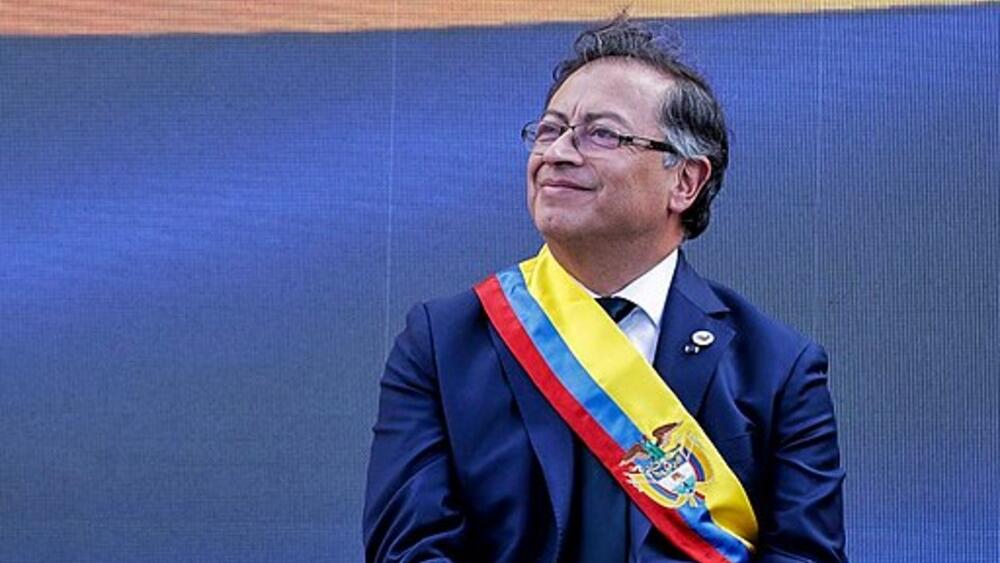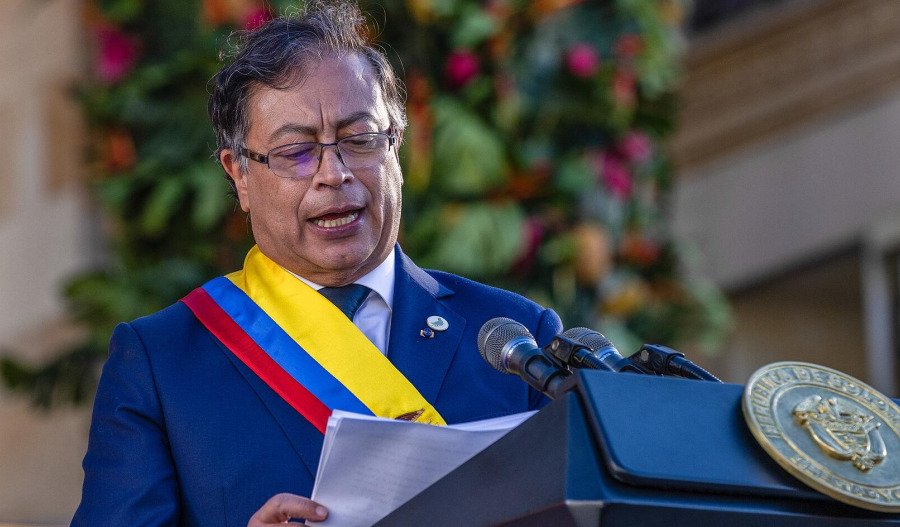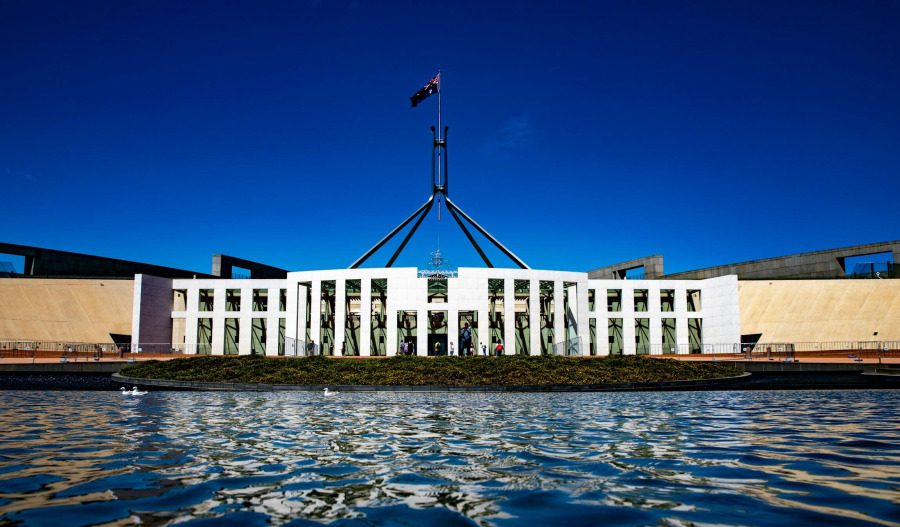Colombia’s richest citizens are about to face a more than threefold increase in the top rate of wealth tax on their assets alongside higher levies on salaries and luxury goods.
This comes as President Gustavo Petro attempts to raise 26.3 trillion pesos (US$6.5 billion) in one of the most ambitious attempts to boost revenue in recent years, with the finance ministry seeking to narrow the fiscal deficit and avoid spending cuts.
"We are structuring a proposal that guarantees not only that we finance 2026, but that we are providing medium-term macroeconomic stability," Finance Minister German Avila told journalists, adding that the measures "will be of use to the next government".
The tax bill sent to Congress on Monday proposed an increase in the wealth tax rate to 5% from 1.5% and would slash the threshold at which it becomes payable.
The top marginal rate of income tax on individuals would rise from 39% to 41% and there would also be a boost in luxury goods like yachts.
The bill also creates a 1% tax on oil and coal extraction and proposes a 30% tax on dividends received by non-residents.
It also proposed that companies in the financial sector, like brokerages and insurance companies, pay a corporate tax of 50%. There would also be a 19% in online gambling.
This comes as the Colombian government is projecting a 7.1% fiscal deficit in gross product in 2025, which is the largest since the pandemic.
This follows the years of elevated public spending and weaker-than-expected revenues from the Petro administration. The imbalance led the government to suspend its spending limits for the next three years, which triggered two credit rating downgrades.
The fate of the bill is still uncertain as Colombia heads into presidential and congressional elections in 2026. Analysts remain sceptical of the bill being passed.
see a low chance of it being approved because while a fiscal reform is being proposed, we are not seeing any proposal for better conduct in public spending," said Jackeline Pirajan, chief economist for Scotiabank in Colombia.
Finance chief German Avila has ruled out significant spending cuts, stressing that nearly 90% of the budget is inflexible, tied to obligations such as pensions and transfers to regional governments.



